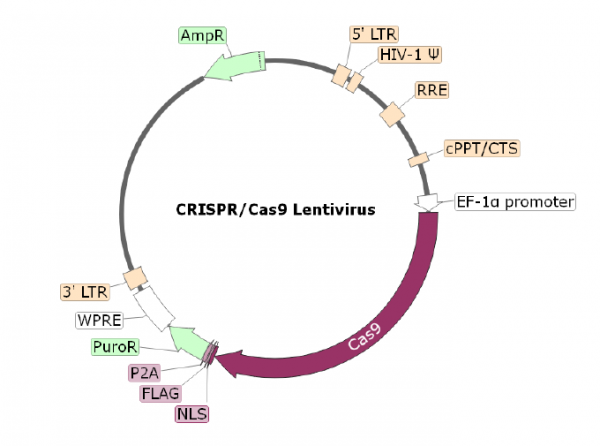Cookie preferences
This website uses cookies, which are necessary for the technical operation of the website and are always set. Other cookies, which increase the comfort when using this website, are used for direct advertising or to facilitate interaction with other websites and social networks, are only set with your consent.
Configuration
Technically required
These cookies are necessary for the basic functions of the shop.
"Allow all cookies" cookie
"Decline all cookies" cookie
CSRF token
Cookie preferences
Currency change
Customer-specific caching
FACT-Finder tracking
Individual prices
Selected shop
Session
Comfort functions
These cookies are used to make the shopping experience even more appealing, for example for the recognition of the visitor.
Note
Show the facebook fanpage in the right blod sidebar
Statistics & Tracking
Affiliate program
Conversion and usertracking via Google Tag Manager
Track device being used
| Item number | Size | Datasheet | Manual | SDS | Delivery time | Quantity | Price |
|---|---|---|---|---|---|---|---|
| BPS-78064 | 1000 µl (500 µl x 2) | - | - |
3 - 15 business days* |
1,555.00€
|
If you have any questions, please use our Contact Form.
You can also order by e-mail: info@biomol.com
Larger quantity required? Request bulk
You can also order by e-mail: info@biomol.com
Larger quantity required? Request bulk
The binding of Programmed Cell Death Protein 1 (PD-1), a receptor expressed on activated T-cells,... more
Product information "PD-L1 CRISPR/Cas9 Lentivirus (Non-Integrating)"
The binding of Programmed Cell Death Protein 1 (PD-1), a receptor expressed on activated T-cells, to its ligands, PD-L1 and PD-L2, negatively regulates immune responses. The PD-1 ligands are found on most cancers, and the PD-1:PD-L1/2 interaction inhibits T-cell activity and allows cancer cells to escape immune surveillance. The PD-1:PD-L1/2 pathway is also involved in regulating autoimmune responses, making these proteins promising therapeutic targets for a number of cancers, as well as multiple sclerosis, arthritis, lupus, and type I diabetes. The PD-L1 CRISPR Lentiviruses are replication incompetent, HIV-based, VSV-G pseudo-typed lentiviral particles that are ready to be transduced into almost all types of mammalian cells, including primary and non-dividing cells. The particles contain a CRISPR/Cas9 gene driven by an EF1a promoter, along with 4 sgRNA (single guide RNA) targeting human PD-L1 (Programmed Cell Death 1 Ligand 1, CD274, B7 homolog 1 (B7-H1), GenBank accession #NM_021893) driven by a U6 promoter. Note: unlike Human PD-L1 CRISPR/Cas9 Lentivirus (Integrating) (BPS-78057), the Human PD-L1 CRISPR/Cas9 Lentivirus (Non-Integrating) is made with a mutated Integrase, resulting in only transient expression of the Cas9 and PD-L1-targeting sgRNA. While this may minimize potential off-targeting risks due to either prolonged expression or integration of the Cas9, puromycin selection should not be used for more than 48 hours post-transduction, which may lower knockout efficiency.
| Keywords: | Programmed Cell Death Protein 1 CRISPR, PD-1 lentivirus, |
| Supplier: | BPS Bioscience |
| Supplier-Nr: | 78064 |
Properties
| Application: | Transient knock-down, stable knock-out cell generation |
| Species reactivity: | human |
Database Information
| KEGG ID : | K06745 | Matching products |
| UniProt ID : | Q9NZQ7 | Matching products |
| Gene ID : | GeneID 29126 | Matching products |
Handling & Safety
| Storage: | -80°C |
| Shipping: | -80°C (International: °C) |
Caution
Our products are for laboratory research use only: Not for administration to humans!
Our products are for laboratory research use only: Not for administration to humans!
You will get a certificate here
Viewed





